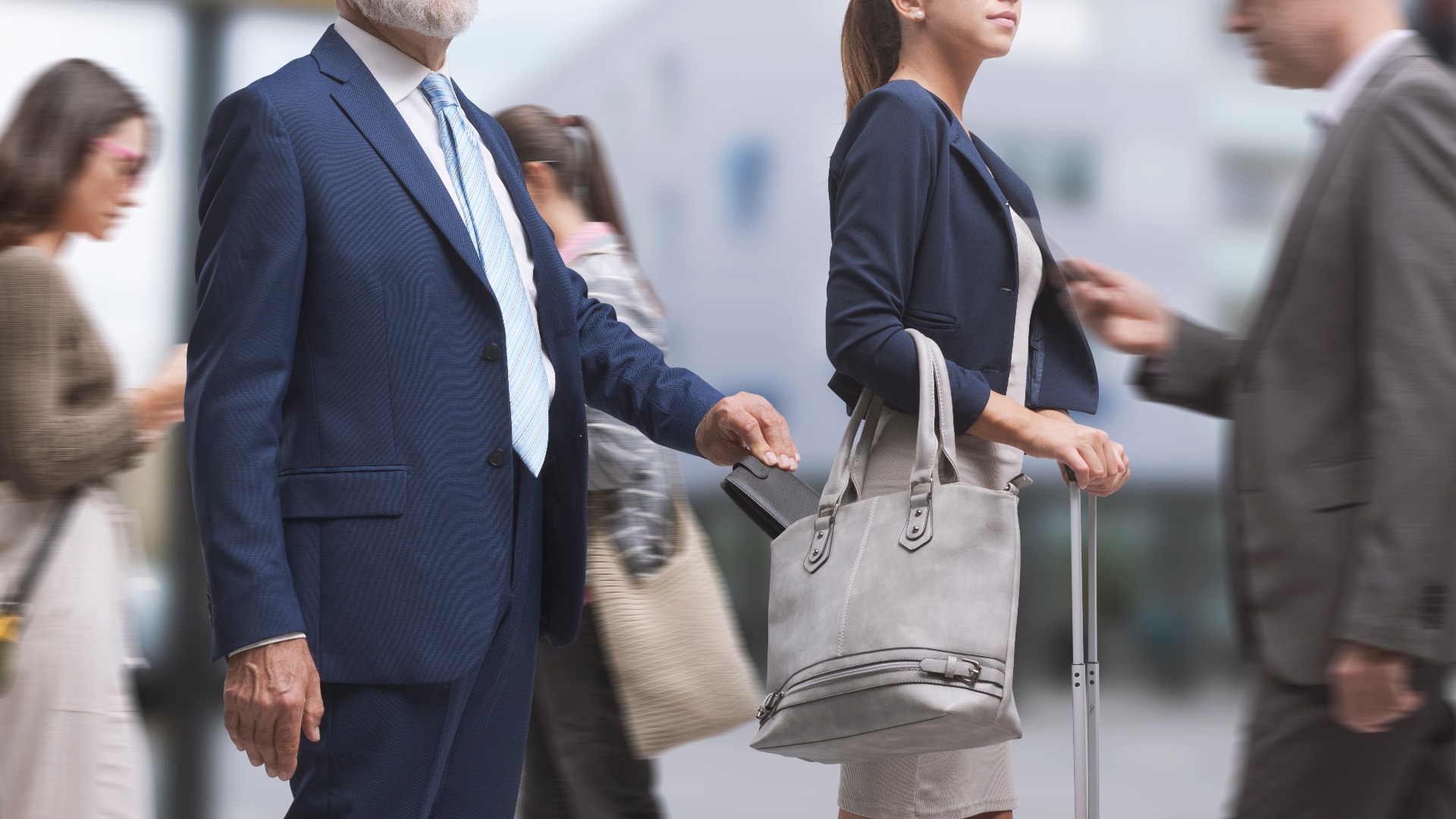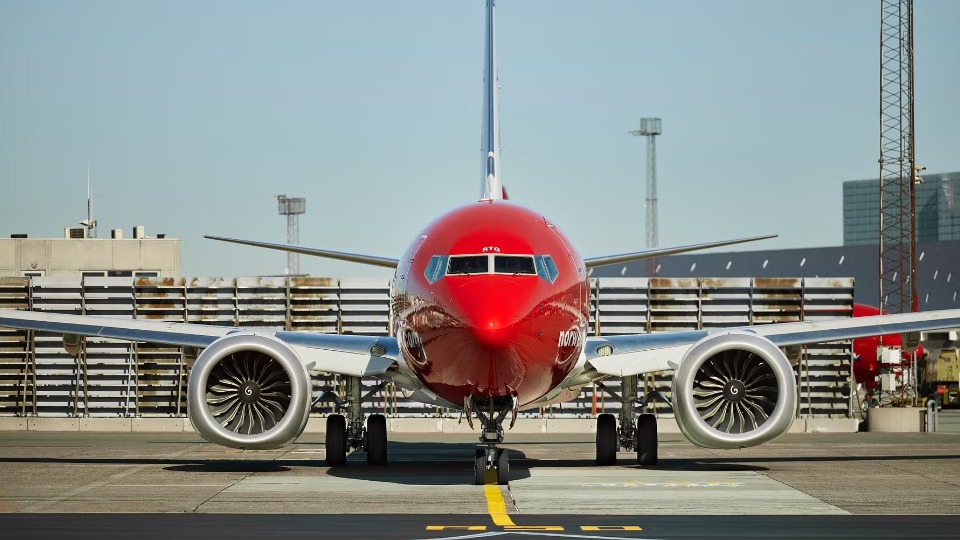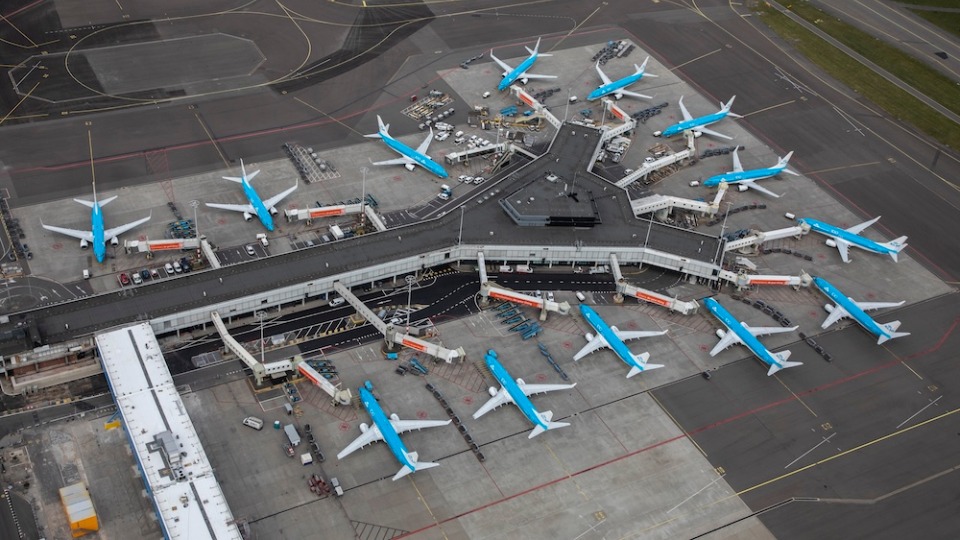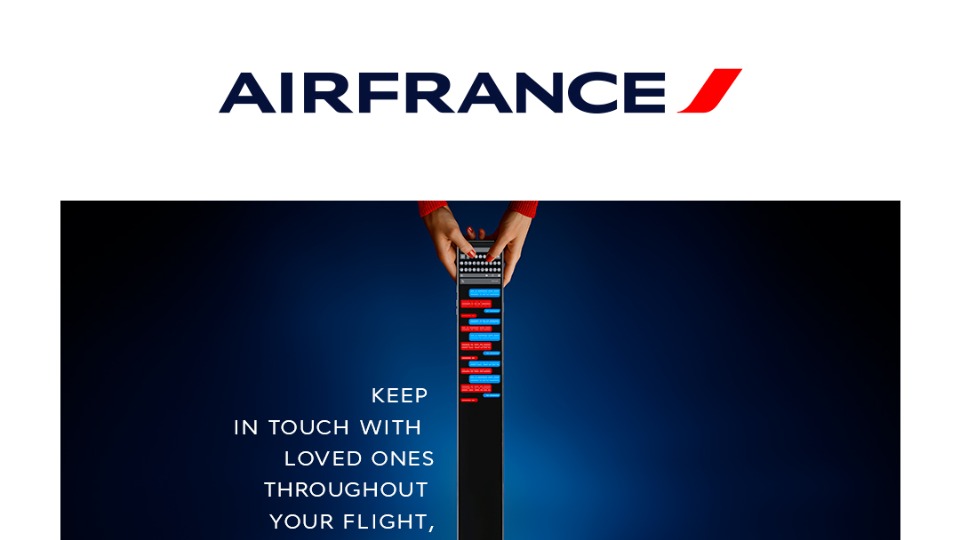
Major European Countries Have The Highest Pickpocketing Incidence

Here is a list of the nations in which you are most likely to be targeted by pickpockets, as well as advice on how to avoid being victimized by the thieves.
Every year, the terrifying experience of having their valuable goods stolen while they are travelling affects the lives of thousands of tourists. Because visitors are often less conscious of their surroundings, they are frequently the main targets of criminal activity. Travellers need to be especially cautious to avoid becoming victims of crime when they are in crowded locations or when they are in the vicinity of prominent sites.
Where are you most likely to be targeted by pickpockets, and what steps can you take to prevent yourself from being victimized by them? Let's see.
First, which nation in Europe has the highest incidence of pickpocketing?
The travel insurance comparison specialists at Quotezone.co.uk have just published a research that ranks the nations of Europe according to the likelihood of one becoming a victim of pickpocketing.
The number of times that pickpocketing was mentioned at each country's top five tourist destinations was measured by the organization using feedback from customers who had visited those locations.
According to the results of Quotezone's European Pickpocket Index, Italy was the country where visitors were most likely to have their belongings stolen from them.
In 2022, travellers who visited the Colosseum, Trevi Fountain, and Pantheon in Rome; the Duomo di Milano in Milan; and the Gallerie degli Uffizi in Florence reported in 1,906 online travel reviews that they had objects stolen from them while they were there.
This amounts to 463 pickpocketing references for every million visitors to Italy's main tourist destinations, which is the highest percentage of any European state.
With 283 incidents of pickpocketing reported for every million tourists, France has the second-highest rate in the world. Quotezone examined five different sights, all of which were located in the French capital.
The Netherlands came in at number three on the index measuring the prevalence of the offence.
Spain only placed sixth on the list despite the city of Barcelona's notoriety for being a pickpocketing hotspot. Theft was mentioned in reviews around five times less often here than it was in Italy.
The Republic of Ireland had 30 mentions of pickpocketing for every million tourists, making it the country with the fewest complaints of the crime, followed by Poland with 18 mentions.
What are the most effective measures you may take to safeguard yourself and your goods?
According to Greg Wilson, Founder and CEO of Quotezone, theft can happen everywhere, and tourist destinations are perfect areas for crooks to target travellers' wallets and purses while they are busy taking in the sights.
Iconic landmarks like the Eiffel Tower in Paris and the Trevi Fountain in Rome are especially popular with thieves because they can move more discreetly amid greater crowds. Pickpockets may take more valuables from visitors to iconic sights.
Wilson suggested that guests lock their valuables, such as costly jewellery, away in a safe at the hotel during their stay. He also recommended bringing a money belt or a lockable cross-body bag with a zipper to keep valuables such as phones and wallets safe when travelling.
“Try never to leave personal belongings unattended because travel insurance companies require travellers to take ‘reasonable care’ and could reject insurance claims for theft if items have been left alone.
“It is also important to remember to get a police report for the loss or theft of an item if you’ve been pick-pocketed, as this will support the insurance claim”, the CEO added.
It is also vital that you always acquire a police report for theft, since this will corroborate the claim that you make to your insurance company.
It is also a smart idea to make copies of critical papers and preserve them in an online repository. In the event that your phone is lost or stolen, it is important that you have a "find my phone" app installed, that your data is backed up, and that your images are uploaded to an online storage service periodically.
Source: euronews.com








